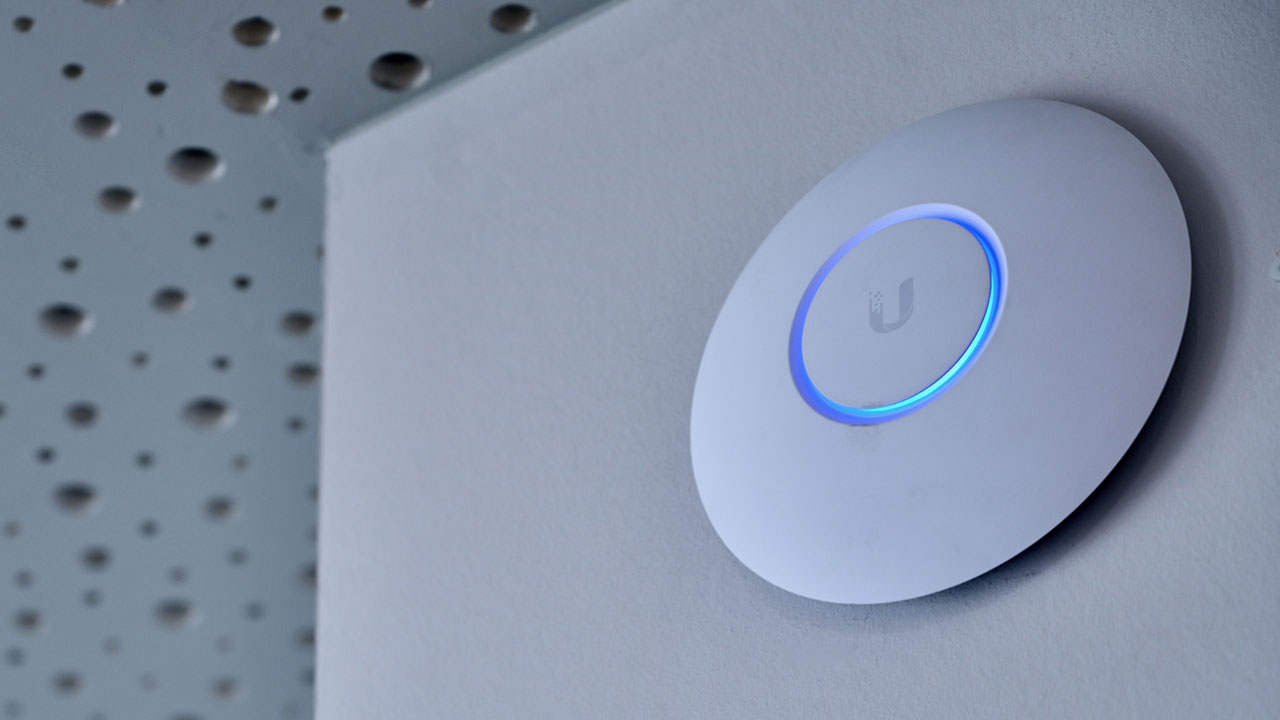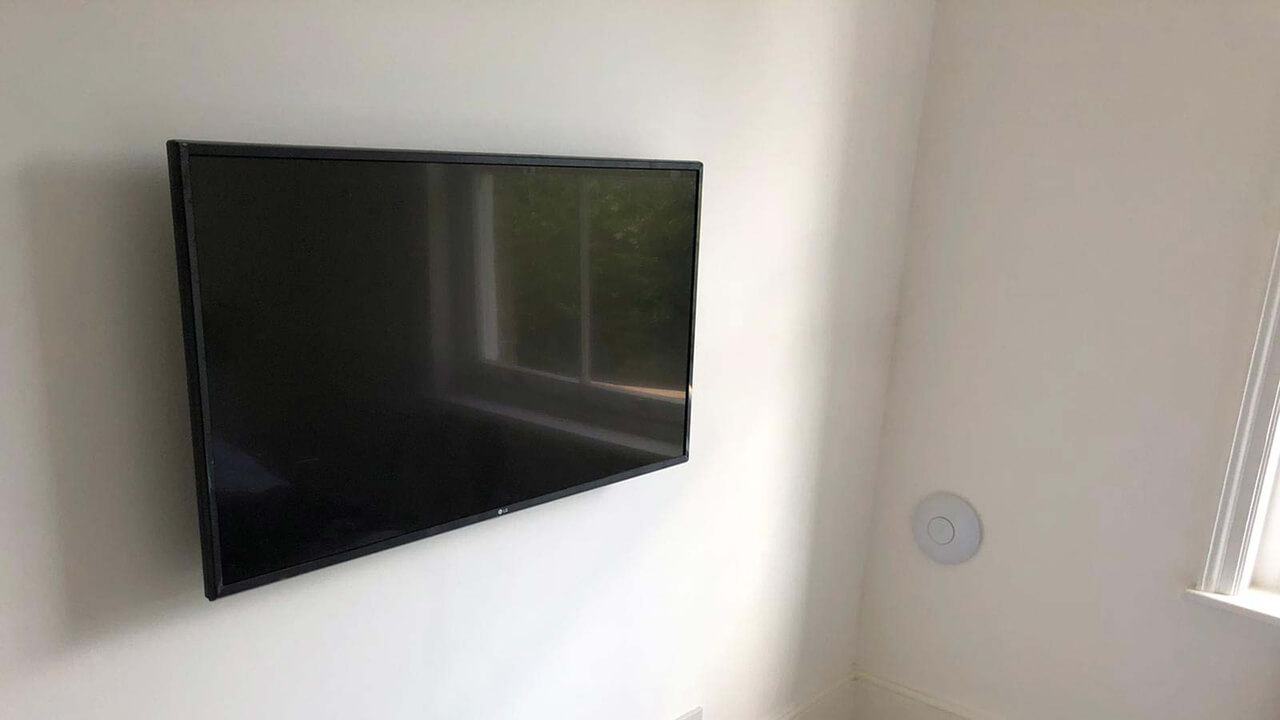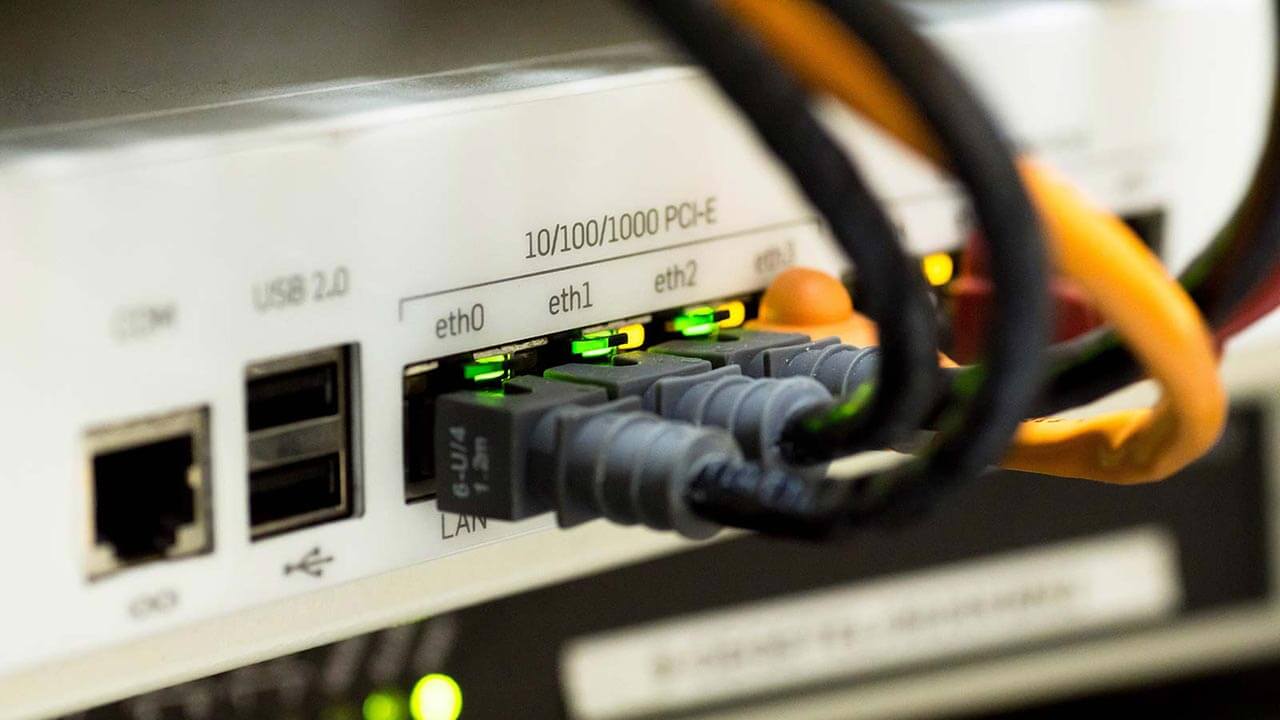WiFi Extenders Vs WiFi Access Points
Reading Time: 5 Mins, 5 seconds

Why Choose WiFi Access Points Over WiFi Extenders?
Over the years, technology in general has improved and innovated, producing many revolutionary products on the market. Of course, Wi-Fi technology is no different, having transformed into a booming business with numerous products that all have their own benefits. However, this can all be a little bit confusing when it comes to choosing a Wi-Fi solution or solving a connectivity problem.
For example, if you are hoping to boost the signal of your Wi-Fi, improving the range of transmission, and getting rid of any black spots, its not a one-size fits all solution and there are many products which claim to solve these problems. In this scenario, it is probable that you might be weighing up whether to use an extender or an access point. Therefore, let us take a look at Wi-Fi extenders and Wi-Fi access points, looking at how they differ, comparing their features, and helping you to find the best Wi-Fi solution for you.
What is an access point?
An access point is a device which connects to a router, switch, or hub, projecting the Wi-Fi signal into the designated area. It creates a wireless local area network, or WLAN, which enables Wi-Fi connections in the trouble spots of your home or business.
The pros and cons of using an access point
Access points can enable Wi-Fi in the areas of your business or home where your router might not be in range. They can handle over 60 simultaneous connections each, which allow you to move freely around the building without experiencing any interruptions in your network.
To better understand the applications of access points, here are the pros and cons of installing them throughout your home or business.
Pros:
- Supports more users
- Broader range of transmission
- Flexible network
- Ability for multi access point interconnection
- Can be installed wherever you can run an Ethernet cable
Cons:
- Can sometime be expensive depending on the scale
- Needs to be used in conjunction with other equipment such as controllers, hubs, switches, and so on
- Could have poor stability if not connected effectively
What is a Wi-Fi extender?
On the other hand, the other solution to your poor Wi-Fi might be a Wi-Fi extender. Just as the name suggests, a Wi-Fi extender widens the reach of your existing Wi-Fi network by connecting to the router wirelessly.
Though this might seem advantageous, this means that Wi-Fi extenders must be placed where the router’s signal is already strong, as opposed to the location of the black spot you are trying to eliminate.
However, there are a couple of benefits that come with using a Wi-Fi extender. The first is that it can be a less expensive short-term fix for your problem until you have the means to install a more reliable and permanent solution.
Secondly, as Wi-Fi extenders work by using and broadcasting radio signals, you can manually change the Wi-Fi to a better channel if you encounter any interference. And finally, if the extender is placed in the optimum position, where the Wi-Fi coverage is strong, it can theoretically eliminate dead zones.
The disadvantages of using Wi-Fi extenders to improve your home Wi-Fi
Unfortunately, with Wi-Fi extenders, the disadvantages massively outweigh the potential benefits. Some of the key disadvantages of using a Wi-Fi extender are:
- Requires the user to manually switch your device over to the new network
- Extenders are not always compatible with your router
- Each extender needs to be configured individually
- Difficult and time consuming to configure
- Not ideal for large homes that have multiple floors
- Often ineffective and unreliable
What are the different types of access point for your home or business?
As Wi-Fi extenders are so unpredictable and temperamental, most experts will encourage you to use access points as the solution for any black spots or to widen the range of transmission. So, what types of access point might you consider for your home or business?
When looking at access points, there are two main categories: wired access points and wired access points.
Wired Access Points
Wired access points is a term that can be used to refer to a few different scenarios:
- An access point with an Ethernet port for you to connect your device through a wired connection.
- A network of access points that are connected with Ethernet cables as opposed to ‘speaking’ to each other wirelessly.
- A device that provides internet access through a physical wire rather than over Wi-Fi, such as via structured data cabling or fibre optic cabling.
Wireless Access Points
Whereas wired access points transmit data via a wired cable, wireless access points benefit from a wireless connection. Access points can be referred to as wireless if they:
- Provide internet access to clients and devices through a Wi-Fi signal.
- Can link together to form a network wirelessly, without the need for any cabling.
As wireless and wired access points are relatively similar and yet have notable differences, this means that one of these types of wired access points may be more suitable for your home or business than the other, depending on your requirements.
Wired Access Points Vs Wireless Access Points
At its most unambiguous, the main point of contest between wired access points and wireless access points is the use of cabling. Therefore, a wired access point might be more suitable in:
- Business offices
- Places where you require access to a wired Ethernet connection
Whereas a wireless access point might be preferable for:
- Somewhere where running physical cabling is not feasible or safe
- A home office, garden, or outbuilding
- To get rid of any Wi-Fi black spots
Overall, in the battle between Wi-Fi Extenders vs Wi-Fi Access Points, there is a clear winner. Wi-Fi access points are altogether more future proof, reliable, and effective than the extender. However, it should be said that Wi-Fi extenders may be a suitable short-term solution until you have the time, effort and money to install a more permanent fix. For more expert advice, or when you are ready to install your Wi-Fi access points, get in touch with the team at Wifi Heros to give your slow and patchy Wi-Fi a makeover.


